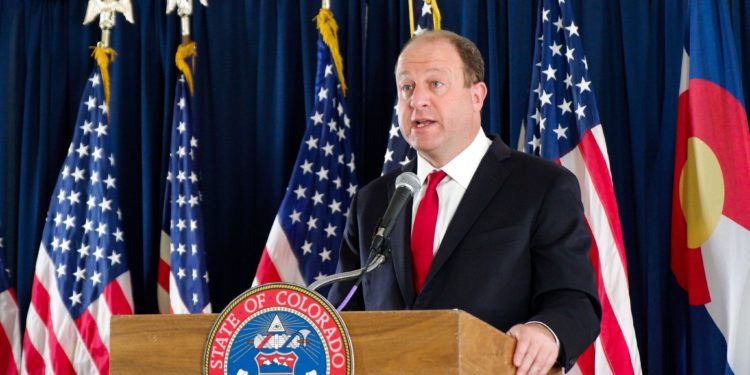The law enshrines into statute the exclusion of any rights to unborn children, allowing abortion for any reason— including reasons of disability, sex, and race— up until birth. It affirms the “fundamental right” for a person to “use or refuse contraception;” and that “every pregnant individual has a fundamental right to continue the pregnancy and give birth or to have an abortion.”
The law further stipulates: “[A] fertilized egg, embryo, or fetus does not have independent or derivative rights under the laws of the state.”
Colorado already did little to restrict abortion before the new law was signed. It was the first state to legalize abortion, in 1967, and it is one of a handful of states in the country where abortions can take place up until birth. Each year 200-300 babies are aborted after 21 weeks gestation in the state, including many with Down syndrome.
Colorado voters in 2020 rejected a ballot measure that would have banned abortion after 22 weeks of pregnancy, except in cases where a mother’s life is threatened.
The impetus for the new law, according to its Democratic sponsors, is the Supreme Court case Dobbs v. Jackson Women’s Health Organization, which observers say has a significant chance of overturning Roe v. Wade when a decision is released later this year.
The Colorado Catholic Conference has warned that the new law could effectively remove Colorado’s requirement, passed in 2003, that parents of minors be notified 48 hours before an abortion procedure.
Credit: Source link




